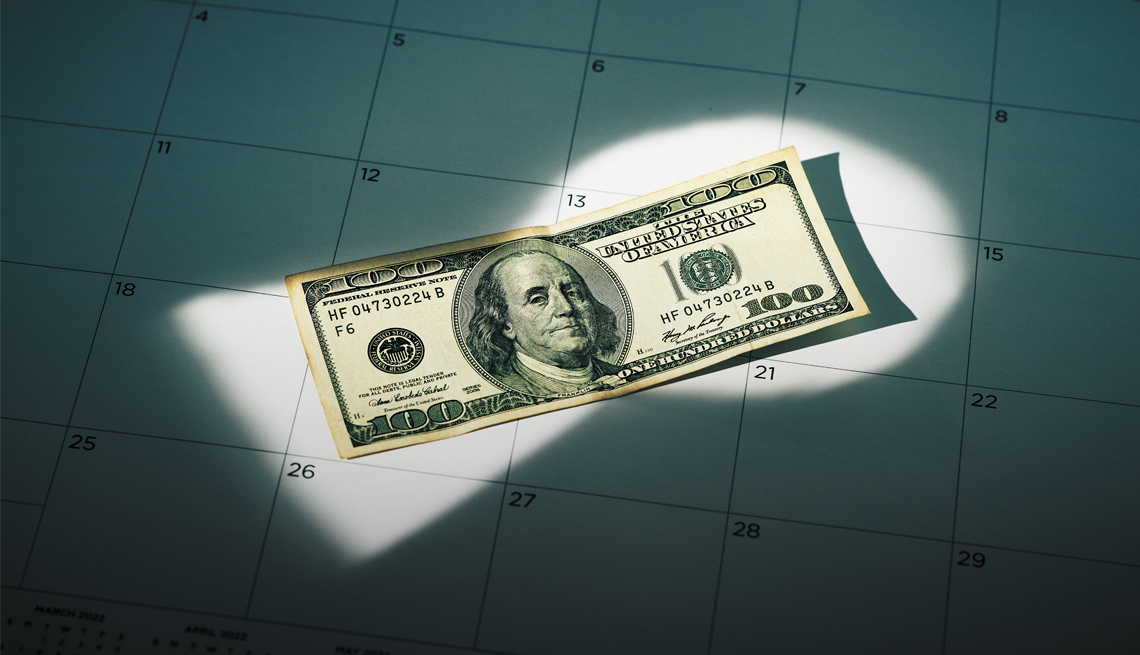Buying Your First Home After 60
- Select a language for the TTS:
- UK English Female
- UK English Male
- US English Female
- US English Male
- Australian Female
- Australian Male
- Language selected: (auto detect) - EN

Play all audios:

Facebook Twitter LinkedIn
When my grandmother, a lifelong renter, announced at age 77 that she planned to buy her first house, many of us in the family thought the whole idea was a little bit loopy. She would be
getting a 30-year mortgage that her children would likely have to deal with someday.
But she went ahead with her plan. She had a spotless credit record, so getting a loan was no trouble. Eight years later, she's 85 and still lives in her house — one floor, one bathroom — in
Middletown, Ohio. She's never been happier.
"I feel more relaxed and more secure," said my grandmother, Mary Wellinghoff. The landlord at the old place was "very good to me, but I was always afraid that one day, they'd say that they
were selling the place, and I'd have to move out." That's a scenario she'll never have to consider now.
Even her three kids, in their 50s and 60s, concede that it was the right move for her.
"Buying a second home after you're 60, or another house for investment purposes — that's common," says Jason Bonarrigo, a senior mortgage banker at the Boston offices of Wells Fargo. "But
buying your first home, unless you're cosigning for your son or daughter, is pretty rare."
Bonarrigo says that if adult children are concerned that their inheritance will be wiped out with a house, a financial adviser or attorney can help them map out an estate plan, so everyone
knows what to do when the day of reckoning comes. And "the way the housing market is now," he adds, "buying a house is essentially always going to be an asset. I'd be much more concerned
with my old man throwing his life savings into the stock market."
A buyer's market helps
Older first-time homeowners may be inspired by today's buyer's market.
For years, Larry Sand, a retired teacher in Los Angeles, felt that a house was simply not within reach. But Sand, 62, who now runs a nonprofit called California Teachers Empowerment Network,
and his wife, Ginny, 60, bought their first house this summer in Woodland Hills, a suburb of Los Angeles, because prices had fallen so much.
"If I live to 92, I'll have paid it off," quips Sand, who admits that making the purchase was "kind of scary." But he says he doesn't regret it.
And while the prices came down to feasible levels, Sand wasn't just handed a door key. "The bank really looked under every nook and cranny, especially with all that's been happening with
banks and mortgages," says Sand. But he says he didn't resent the attention. Rather, when he got the A-OK, he felt the bank had validated what he believed: They could afford the house.
Bonarrigo says age isn't a factor in judging a buyer's ability to pay a mortgage.
"If an 87-year-old wants to buy a house with a 30-year mortgage, it's illegal for me to suggest that he won't be able to pay it off," says Bonarrigo. Lenders look the hardest at the last two
years of a borrower's credit history and their projected income for the next three years, he says.